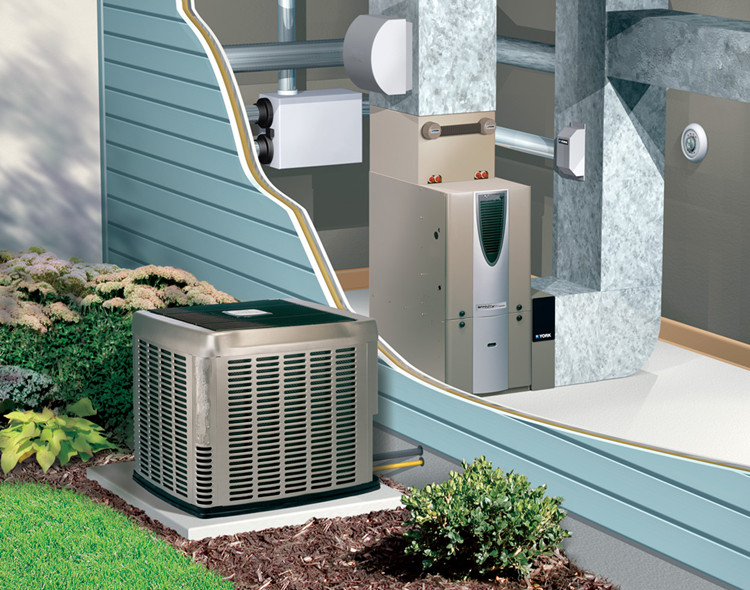Can Air Source Heat Pump used for Domestic Hot Water?
With the growing focus on sustainable and energy-efficient solutions, air source heat pumps have gained popularity as a viable alternative to traditional heating systems. These innovative devices extract heat from the surrounding air and convert it into usable energy that can be used for heating. While their effectiveness in space heating is well established, there is growing interest in exploring whether air source heat pumps can also provide domestic hot water.
Air source heat pumps offer valuable opportunities for individuals seeking to reduce their heating and cooling bills while making a positive contribution to the environment. While these pumps are primarily used for heating and cooling, they can also be effectively used to provide hot water to a home if configured properly.
Can air source heat pumps be used to make hot water?
With the proper arrangement, air source heat pumps are able to provide hot water to a residence. However, because air source heat pumps gradually extract and distribute heat, it is not possible to have hot water immediately available. Therefore, it is usually necessary to have a hot water tank to store the heated water. This tank ensures that hot water is available when you need it. The hot water tank used with an air source heat pump is typically a water heater, which uses an electric immersion heater to heat water to the temperature required for household use.
However, it is important to note that the efficiency and performance of ASHP hot water generation can vary depending on a number of factors, including climate, system design, and usage patterns.

To optimize ASHP domestic hot water performance, the following design aspects must be considered:
1. Tank Sizing:
The hot water storage tank should be carefully sized to ensure that it is adequate to meet the household's hot water needs without incurring excessive standby losses.
2. Heat Exchanger:
An efficient heat exchanger is essential to facilitate the transfer of heat from the ASHP to the hot water supply. The design and materials of the heat exchanger play an important role in maximizing the efficiency of the heat transfer.
3. Controls and Settings:
Properly configuring controls and settings can help regulate the operation of the ASHP, ensuring that it prioritizes hot water generation when it is needed.
Climate Considerations
The climate in which the ASHP operates can affect its hot water production performance. In colder climates, where outdoor temperatures drop significantly, the ASHP may be less efficient and require additional energy to reach the desired hot water temperature. In extreme weather conditions, supplemental heating systems (such as electric immersion heaters or solar thermal systems) may be required to ensure a continuous supply of hot water.
Usage patterns
Hot water usage patterns within a home can also affect the feasibility of using an ASHP to provide domestic hot water. If hot water demand is relatively low and spread out throughout the day, an ASHP can effectively meet these requirements. However, homes with high hot water demand (such as multiple bathrooms or larger homes) may need to consider alternative heating solutions or larger ASHP systems to ensure adequate supply.
Air source heat pumps have proven to be a sustainable and efficient space heating solution, and their potential to provide domestic hot water is exciting. By considering factors such as system design, climate, and usage patterns, homeowners can determine whether an ASHP is suitable for their hot water needs. While ASHPs may require additional support in extreme weather conditions or high demand situations, they remain a promising alternative to traditional hot water systems, helping to save energy and reduce carbon emissions.
Get more help
Leomon is a professional air source heat pump manufacturer. If you are considering purchasing an air source heat pump water heater, please contact us. Our heat pump experts will give you the best advice and price.





